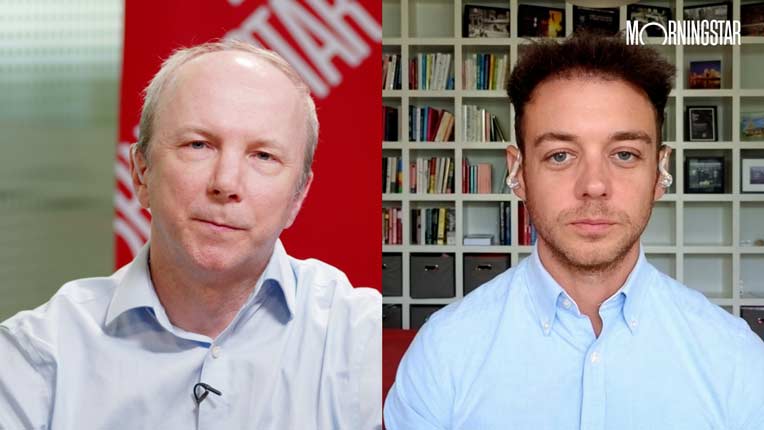A large proportion of financial market participants would have you believe we are back to a time of Great Moderation, that we’re in a world where everything goes up, and will continue to do so – we disagree. We maintain we’re still in a volatile and heavily indebted world where markets are artificially elevated; they are being driven by the drugs – quantitative easing (QE) – that have been pumped into the system. There is not a proper, fundamental change going on.
Everything feels better, yes, but is it really better? If it was then the premise would be QE has, and is, working and if that is true then Ben Bernanke has managed to rewrite economic theory. In reality, though, all QE has done is to delay the inevitable and necessary re-adjustment of global debt levels. The global economic recovery remains in a fragile state – just look at the fall-out in US mortgage applications this summer after the US Federal Reserve merely talked about the removal of QE.
Investors have collective amnesia
We have not reached a self-sustaining escape velocity; for example, in the UK house prices are up 10% year-to-date yet wages have risen just 1% over the same period. This is unsustainable. Indeed, covenant-lite loan issuances are now around 100% higher than their pre-crisis levels, sub-investment grade bond issuance is back to its previous highs3, while year-to-date payment in kind (PIK) issuance of €3.1 billion is greater than the €2.7 billion issued during 2006-2012 combined4. What’s more, companies are continually repurchasing and issuing shares, which essentially means funnelling QE money back into the pockets of big business.
What evidence is required to show QE has worked and that we are back in period of sustainable economic growth? We need to see a material pick-up in full-time employment, growth in real incomes, a pick-up in corporate capital expenditure and real top-line revenue growth. At present, we are seeing limited evidence of progression in any these areas.
We must keep a long-term focus
Although isolated positive economic data releases, particularly from the US, have fuelled speculation that economies have ‘turned a corner’, we believe the debt-related structural challenges facing much of the developed world remain. With the policymaking on which investors are so focused linked explicitly to ever-changing economic variables, financial-market volatility looks here to stay.
In this challenging setting, we continue to emphasise the importance of long-term perspective. In this environment, we continue to like those companies that are more durable in nature, that boast solid fundamentals and pay attractive and sustainable levels of income. Indeed, now is a time for good old-fashioned equity income investing.
This article is part of Morningstar's "Perspectives" series, written by third-party contributors. Here, Nick Clay, a member of the team managing the Newton Global Higher Income Fund says don’t believe the hype – we are not witnessing a fundamental change to the investment backdrop.





























